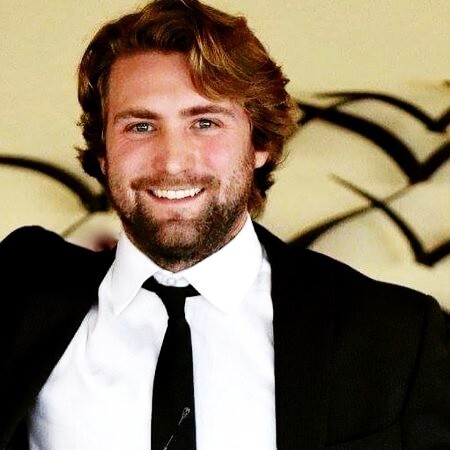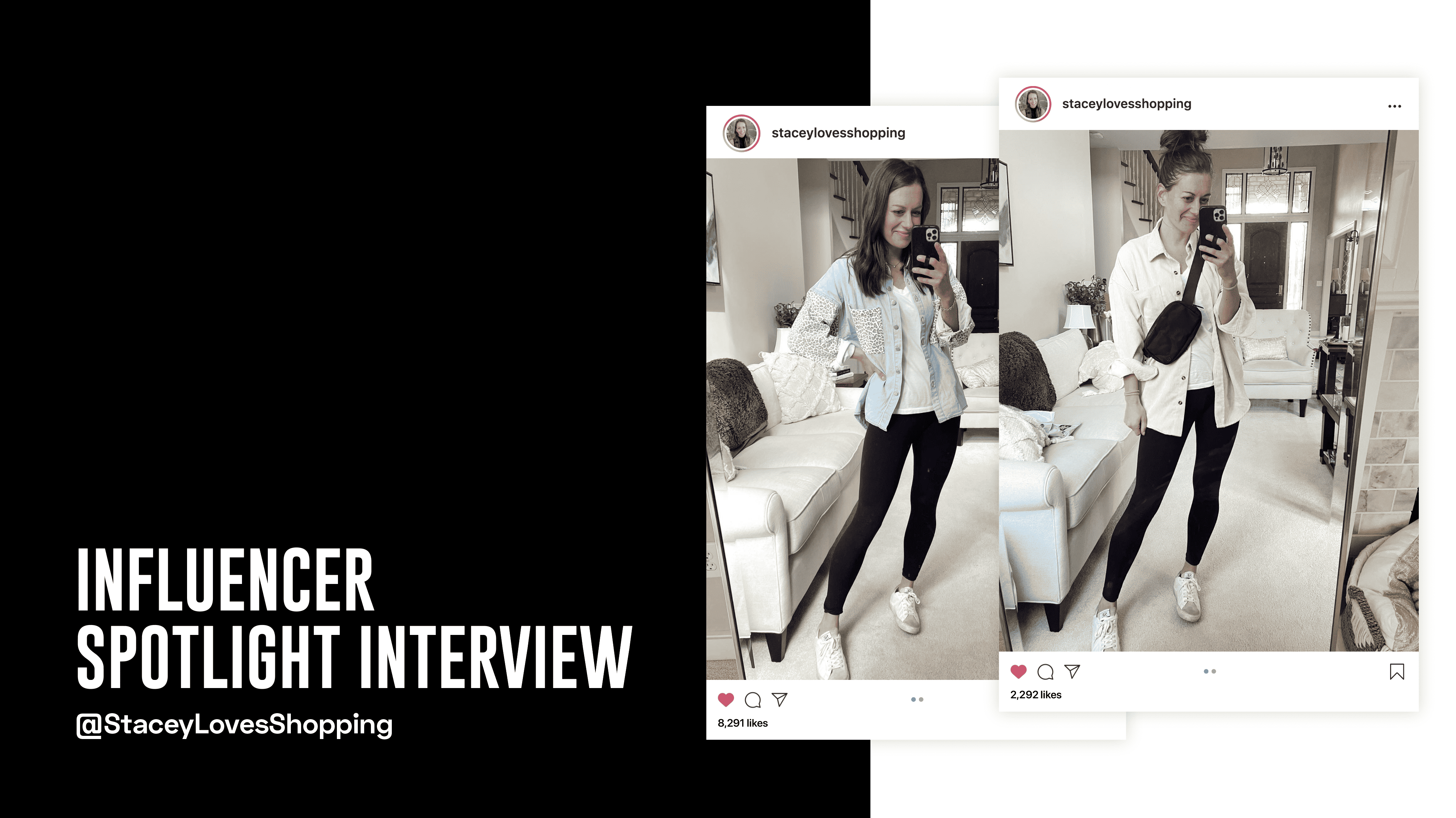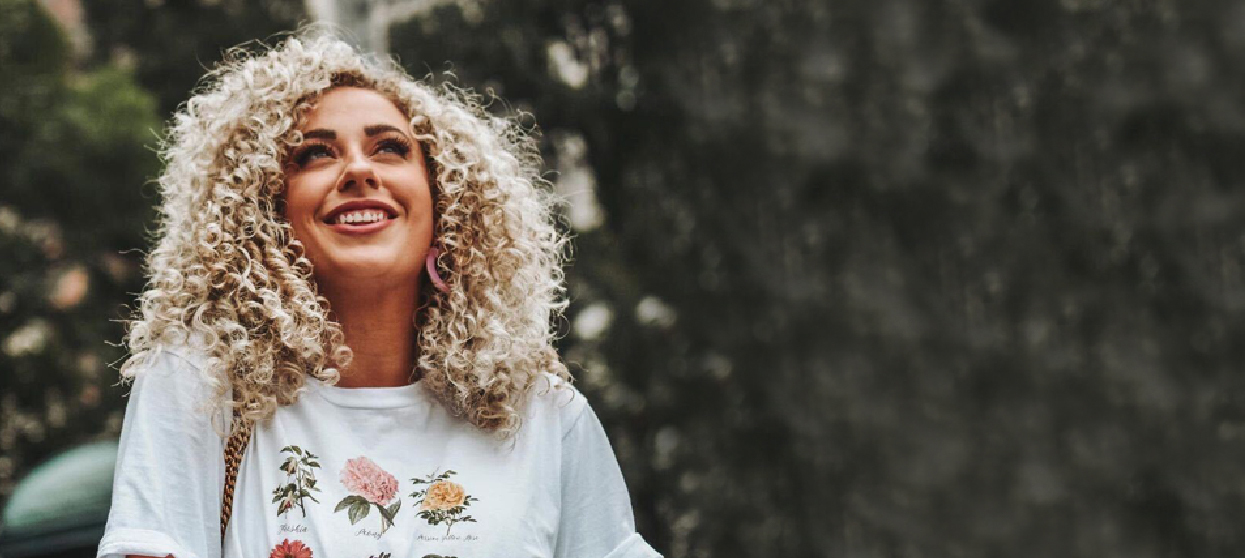Today, we have the privilege of speaking with Veronica Ramirez, an attorney specializing in content creation and influencer marketing.
Table of Contents
- HI: Alright, Veronica, let’s get started. First, introduce yourself and let us all know who you are, what you do, and how what you do ties into influencer marketing.
- HI: How did you end up in the Influencer industry?
- HI: I know you work a lot with brand deals. Can you walk us through how you, as a content creator attorney, negotiate and close a brand deal?
- HI: What are some key aspects of a brand deal?
- HI: At HireInfluence, many of our campaigns involve whitelisting. From an influencer attorney standpoint, can you explain how this benefits the brand and influencers?
- HI: When an influencer is approached by a brand, what are some of the biggest red flags to look out for, in your opinion?
- HI: What about green flags?
- HI: At what stage does a content creator need an attorney?
- HI: Final question! What should an influencer be looking for when looking for a content creator attorney?
HI: Alright, Veronica, let’s get started. First, introduce yourself and let us all know who you are, what you do, and how what you do ties into influencer marketing.
VR: Hey, my name is Veronica Ramirez! I am the Founder and Managing Attorney of Curator Counsel, which is a law firm that helps career creatives protect their brand. As an attorney, I mostly work behind the scenes reviewing and negotiating brand deal contracts to ensure that my clients are fairly compensated and protected. Contrary to what most people may believe, it’s not as simple as snapping a picture; there’s much more at stake. Most of these deals facilitate the sponsored content that consumers/followers see online.
HI: How did you end up in the Influencer industry?
VR: My interest in new media dates back as far as my undergraduate studies in Public Relations at the University of Miami. Admittedly, I did not recognize that there was a career path in influencer marketing and the law because I had no idea. I was the first in my immediate family to pursue law as a career path and I did not have a ton to go off of in terms of the various career paths. It was not until my time at Syracuse Law when I had to write a Note for the Syracuse Law Review that I realized how these two interests intersected. As much as I wanted to go for this post grad, I had to be practical and decided to work at a traditional law firm as a commercial litigator while keeping tabs on new developments in this field. It was a valuable learning experience, but I realized that it wasn’t for me. Rather than waiting for someone else to give me the opportunity to work in this industry, I decided to create that opportunity for myself by launching my own law firm.
HI: I know you work a lot with brand deals. Can you walk us through how you, as a content creator attorney, negotiate and close a brand deal?
VR: Before diving in, I typically chat with my clients about what was initially negotiated and what are some non-negotiables. Based on my client’s feedback I make changes to their agreements to more closely reflect what they negotiated with the brand. In addition, I also make changes that the client may not notice, like adding language that limits their legal exposure. I walk my clients through those revisions and note any places where I believe they could negotiate more money or push back. From there, I take those changes to the brand and advocate for my clients. I try my best to get my clients’ ideal outcomes, but what closes a brand deal is understanding both sides’ objectives. Sometimes that requires a phone call or two to accomplish that.
HI: What are some key aspects of a brand deal?
The key aspects, from the creator’s side, are payment terms, rights and usage (which could include whitelisting), exclusivity, indemnification, and termination. Some of these items help inform (or increase) their fees and the rest aims to protect them from unsavory situations.
HI: At HireInfluence, many of our campaigns involve whitelisting. From an influencer attorney standpoint, can you explain how this benefits the brand and influencers?
VR: In a nutshell, whitelisting is granting the brand permission to put an advertising budget behind an influencer’s content to amplify the content to the influencer’s audience and perhaps other key audiences. This benefits the brand because the content is getting in front of more ideal consumers. Influencers can benefit from this as well because they can leverage that in a brand deal negotiation to get more money.
HI: When an influencer is approached by a brand, what are some of the biggest red flags to look out for, in your opinion?
Brands that refuse to use contracts, brands that use contracts that are confusing or a mashup of different templates, broad and indefinite usage terms*, “work for hire” language*, and brands that are unwilling to accept any revisions to their contracts. *I asterisk this because a lot of this depends on the deal, but assuming a creator is making content that is meant to live on their channels, none of the above makes sense and are red flags.
HI: What about green flags?
VR: Green flags are brands that ask for specifics at the outset of negotiations (they give creators most, if not all, the information they need to provide a rate), contracts that are clear, and brands that are receptive or at least provide support for why they can or cannot accept revisions.
HI: At what stage does a content creator need an attorney?
VR: A content creator can use an attorney as soon as they start out, but the reality is that most of them can’t afford one that early. At the very least, they should hire one the moment they start monetizing their brand so that they can get assistance with setting up that LLC, craft terms of service and privacy policies for their websites, secure their intellectual property, and of course get help with negotiating their brand deals.
HI: Final question! What should an influencer be looking for when looking for a content creator attorney?
I think it’s important to consider what sort of clients the attorney serves to see if they understand their business or their needs. Creators should also look to their network to see if anyone they know has any experience working with that attorney to get some feedback. I also find that consultation or discovery calls are super helpful and informative for creators to determine whether that attorney is a good fit for them.
For more information on Veronica Ramirez and Curator Counsel, visit curatorcounsel.com





